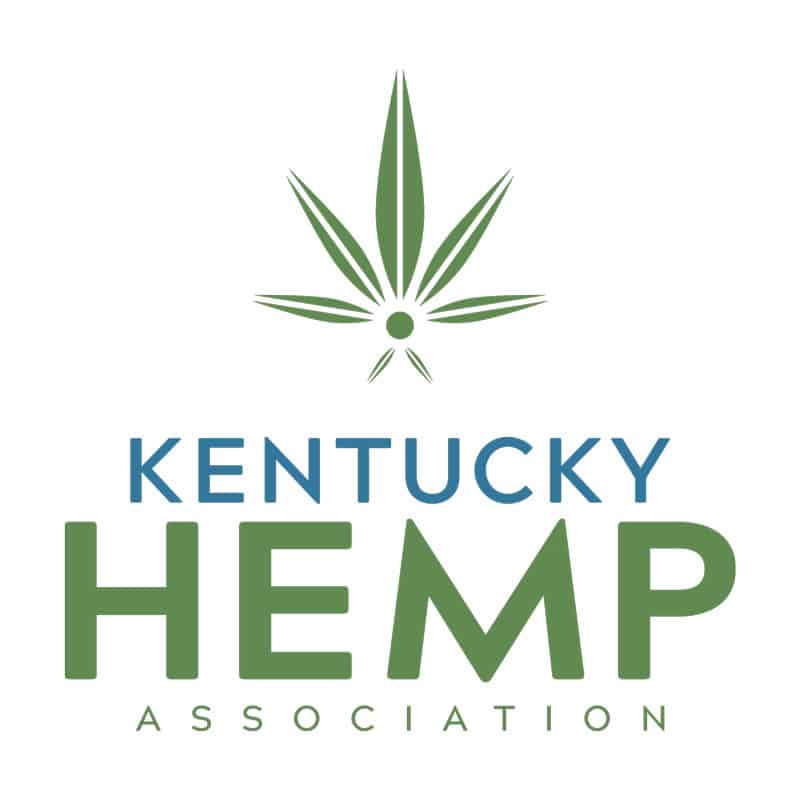In recent years, hemp products have surged in popularity, becoming a staple for many seeking natural alternatives for wellness and relaxation. Legally, states like California and New Jersey are renowned for their progressive cannabis laws. However, they’re now at the forefront of legislation banning certain hemp-derived CBD products. But why? Let’s unravel the reasons behind this contradictory trend and explore what it means for consumers and businesses.
The Popularity of Hemp Products
Hemp-derived products, particularly CBD, have seen significant growth due to their possible health benefits. From anxiety reduction to pain relief, consumers are increasingly turning to these natural remedies. In states where cannabis is legal, these products have found an eager market among those looking for non-psychoactive health supplements.
The Contradictory Trend of Bans
Despite the booming market, several states are banning hemp-derived CBD in various forms. California and New Jersey, known for their liberal stance on cannabis, have surprisingly placed restrictions on these products. This move seems contradictory, given their earlier support for cannabis legalization.
Reasons Behind the Bans
Unregulated Products
One key reason for these bans is the concern over unregulated products. Without federal oversight, the quality and safety of CBD products can vary greatly. States are wary of products that haven’t been thoroughly tested, which could potentially harm consumers.
Divergent State and Federal Regulations
The disconnect between state and federal regulations adds another layer of complexity. While the 2018 Farm Bill legalized hemp at the federal level, it left specific regulations up to the states. This lack of uniformity has led some states to impose their restrictions to ensure consumer safety.
Public Safety Concerns
Public safety remains a paramount concern. States are cautious about the potential repercussions of widely available, untested hemp products. Ensuring that only safe, effective products reach consumers is a driving factor behind these legislative measures.
Impact on Consumers and Businesses
The bans have significant implications for both consumers and businesses. For consumers, these restrictions limit access to products they rely on for health and wellness. For businesses, the bans create legal confusion and barriers to market entry. The lack of consistency hinders the industry’s growth and innovation.
Legal Access to Hemp Products
Despite these challenges, consumers can still legally access hemp products by ordering from states like Kentucky or Indiana, where regulations are clearer and more supportive. These states offer well-regulated markets that ensure product safety and compliance with federal law.
Conclusion
The debate over hemp product restrictions highlights the need for clear and consistent regulations at both state and federal levels. Staying informed about the evolving legal landscape is crucial for consumers and businesses alike. By advocating for comprehensive federal regulations, we can create a safer, more predictable market for hemp-derived products.
Whether you’re a consumer looking for reliable products or a business navigating the regulatory maze, understanding these dynamics is essential. Stay informed, advocate for sensible regulation, and explore legal options for accessing quality hemp products.
















